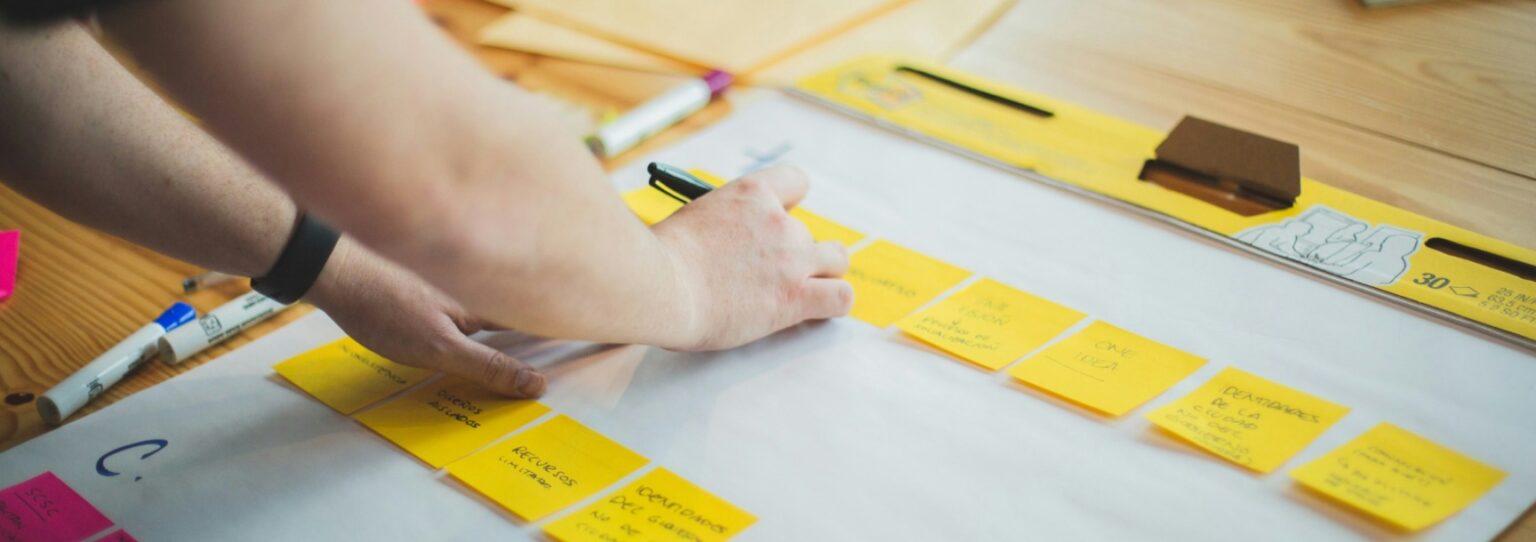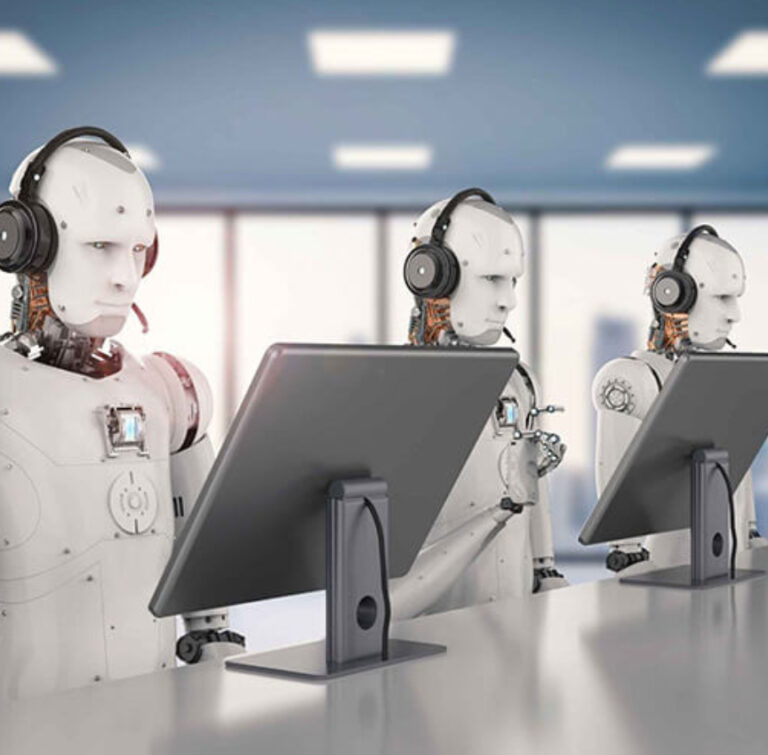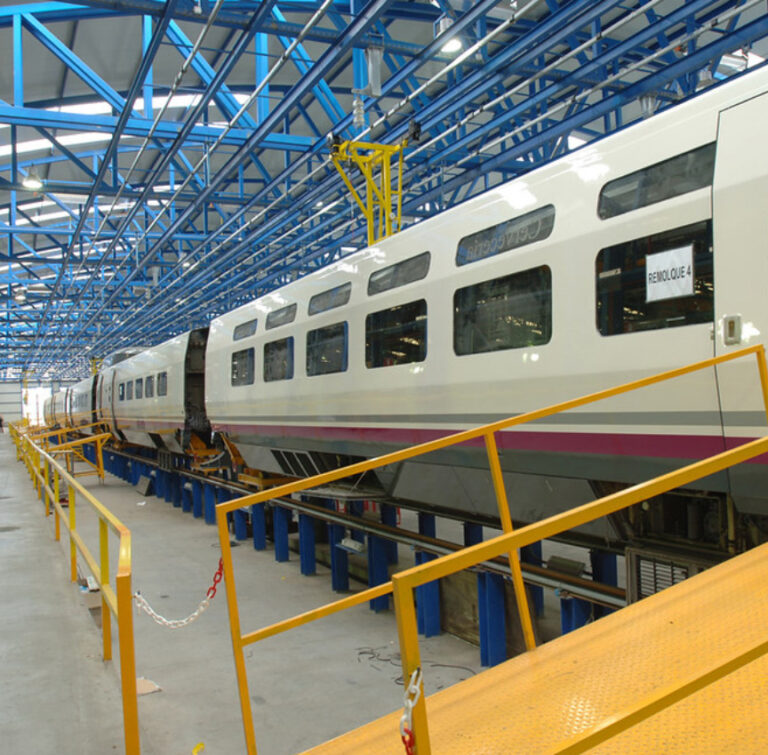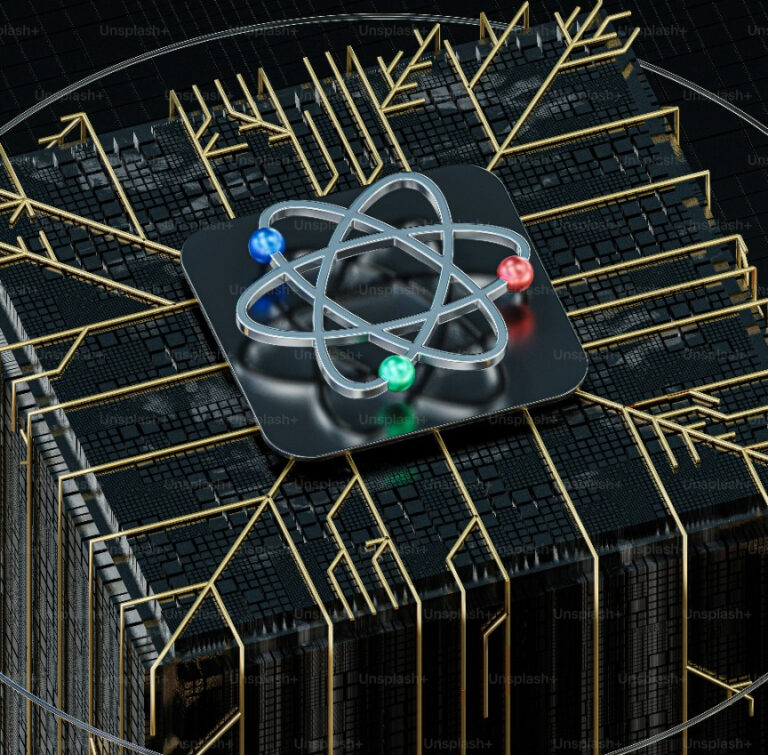
Calls for startups
VI Call These are the challenges of the new TrenLab call

AI-Based Transformation of Customer Service in Stations
Renfe is looking for innovative technological solutions that transform the customer service system at stations, turning it into a comprehensive and efficient service center. These solutions must leverage the advanced capabilities of AI to deliver fast, personalized, and effective responses to passengers, significantly improving interaction and proactively solving their needs.
Illustrative examples of potential solutions:
- Virtual assistants and conversational AI to solve problems and give real-time information directly at stations
- Predictive data analysis to anticipate customer needs and behavior at stations.
- Omnichannel solutions that include everything from interactions in sales terminals to messaging and social media applications.
- Automation for administrative tasks.
- New ways of personalized communication with customers through AI.
Improving customer information in real time
Renfe seeks innovative technological solutions that improve the customer experience by providing real-time information before starting the journey, on board trains and/or after the journey.
Illustrative examples of potential solutions:
- Based on AI that offer real-time information on schedules, connections, delays and incidents.
- Provide instant updates on service status, changes to boarding platforms, estimated arrival and departure times, and personalized alerts based on the user’s route and preferences.
- With on-board information that integrates screens and interactive devices offering real-time data on the journey, including details on nearby stops, transport options at destination and updates on rail traffic conditions.
- For occupancy management that informs passengers about the distribution of seats in real time, recommending less crowded locations and thus optimizing comfort and passenger flow.
- Two-way communication that allows customers to interact with Renfe in real time, providing instant feedback and receiving quick responses to their queries or problems during the trip, with a comprehensive approach of active listening to our customers.


Automation and digitalization of railway maintenance
Renfe is looking for innovative solutions that allow automating and digitizing data capture during rolling stock maintenance. The challenge focuses on improving efficiency and accuracy in the processes of inspection, reporting and management of technical documentation and repairable and non-repairable parts. We are looking for technologies that can be integrated into our existing processes, offering substantial improvements in automation, digitalisation and data management in transport maintenance.
Illustrative examples of potential solutions:
- Interactive inspection to automate data capture in maintenance execution using mobile apps or wearable devices.
- Digitization of inspection sheets and maintenance data report directly from mobile devices, allowing real-time updating and better information management.
- Data capture technologies such as voice recognition, cognitive automation and process robotics to facilitate data capture on the shop floor or on site.
- Intelligent access to documentation by using artificial intelligence to make relevant information available to technicians quickly and efficiently.
- Development of systems that allow the management and traceability of repairable and non-repairable parts throughout their life cycle, including the digitalization of processes and the use of RFIG or BIDI identifications to transmit information from the parts to the workshop in an automated way.
Operational Efficiency with Quantum Computing
We are looking for solutions based on quantum computing to address Renfe’s critical challenges, especially in the optimisation of timetables and routes, the efficient allocation of resources such as trains and crew; as well as the strengthening of cybersecurity. These solutions seek not only to increase efficiency and reduce operational costs, but also to improve safety and the passenger experience by implementing quantum algorithms that allow faster and more accurate decision-making.
Illustrative examples of potential solutions:
- For route optimization using quantum algorithms that consider a vast number of variables and constraints in real time, thus improving punctuality and reducing travel times.
- For the development of quantum encryption systems that are virtually invulnerable to traditional computer attacks, thus ensuring the protection of critical data and the integrity of railway operations.

Other editions
V Call for startups
Metaverse in mobility, digitalization of security systems, eco-friendly transportation, training with virtual reality, Industry 5.0, and fleet optimization.
IV Call for startups
In 2021, during the IV Call for Applications at TrenLab, six winning startups had the opportunity to scale their project in a unique environment to revolutionize the railway sector alongside Renfe.
III Call for startups
For this call in 2019, TrenLab sought to provide solutions to three major challenges related to the mobility sector. In this way, the accelerator seeks to put the focus. In this way, the accelerator seeks to focus on the user to create services that provide added value, better understand their needs and opinions, and obtain new sources of business data that expand management and analysis capabilities.
II Call for startups
Given the constant evolution of the mobility sector, TrenLab launched this second call in 2019 in search of disruptive proposals targeting three challenges.
I Call for startups
In view of the effects that the digital revolution is having on the transport and mobility market, TrenLab began 2018 by launching three major business challenges to the innovation and entrepreneurship community

